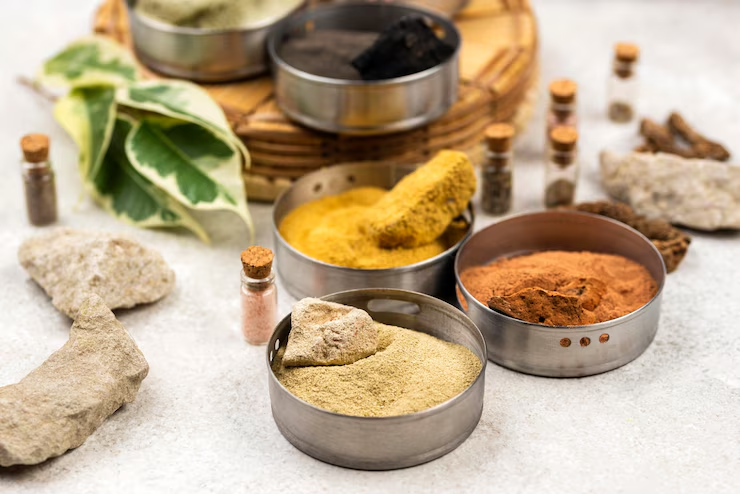Indian Home Remedies Are Changing Modern Healthcare
Introduction :
In recent years, there has been a resurgence of interest in traditional Indian home remedies as alternatives or complements to modern healthcare practices. These remedies, rooted in centuries-old wisdom and cultural practices, are gaining recognition for their holistic approach to health and wellness.
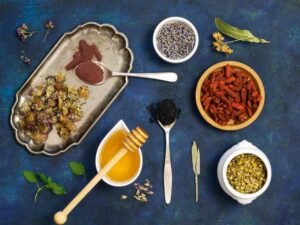
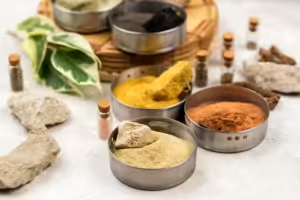

The Rise of Traditional Indian Home Remedies
Traditional Indian home remedies have been passed down through generations, forming an integral part of Indian culture and lifestyle. What was once considered traditional folklore is now garnering attention for its potential health benefits and natural healing properties.
Understanding Traditional Indian Home Remedies
What are Traditional Indian Home Remedies?
Traditional Indian home remedies encompass a wide range of natural treatments and practices derived from Ayurveda, the ancient Indian system of medicine. These remedies utilize herbs, spices, and other natural ingredients to promote health and treat ailments.
Definition and Origins
Rooted in Ayurvedic principles, traditional Indian home remedies focus on restoring balance and harmony within the body. They emphasize prevention as well as cure, aiming to maintain overall well-being.
Cultural Significance
These remedies reflect cultural beliefs and practices that have been passed down through generations, embodying a holistic approach to health that integrates physical, mental, and spiritual well-being.
Commonly Used Ingredients
Turmeric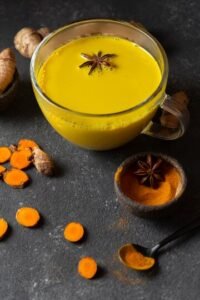
Known for its anti-inflammatory and antioxidant properties, turmeric is widely used in Indian home remedies to treat conditions ranging from arthritis to skin disorders.
Ginger
Used for its digestive and anti-nausea benefits, ginger is a staple in Indian households for treating indigestion, colds, and nausea.
Neem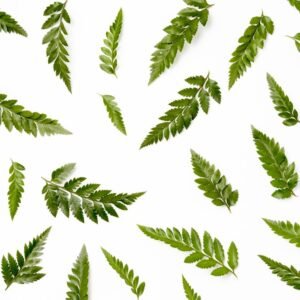
Neem is highly regarded for its antibacterial and antifungal qualities. It is used in traditional Indian medicine for skin care and mouth hygiene.
Benefits of Traditional Indian Home Remedies
Effectiveness in Treating Common Ailments
Cold and Flu
Natural remedies such as ginger tea with honey and turmeric milk are used to alleviate symptoms and boost the immune system during cold and flu season.
Digestive Issues
Herbal concoctions like cumin water and buttermilk with spices are prescribed to aid digestion and relieve stomach discomfort.
Skin Problems
Neem leaves and turmeric paste are applied topically to treat acne, eczema, and other skin conditions, harnessing their antibacterial and anti-inflammatory properties.
Holistic Approach to Health
Mind-Body Connection
Ayurvedic principles emphasize the interconnectedness of mind, body, and spirit, promoting mental well-being alongside physical health.
Prevention vs. Cure
Traditional Indian remedies focus on preventing illness through lifestyle practices such as yoga, meditation, and balanced nutrition.
Integration into Modern Healthcare
Growing Popularity in Western Countries
With increasing interest in natural and holistic health approaches, traditional Indian remedies are gaining popularity beyond India’s borders.
Ayurveda’s Influence
Ayurvedic practices, including herbal remedies and personalized treatments based on body types (doshas), are being integrated into wellness practices worldwide.
Scientific Studies and Findings
Research into the efficacy of ingredients like turmeric and neem has supported their therapeutic benefits, encouraging further exploration and validation.
Challenges and Misconceptions
Lack of Regulation
The lack of standardized guidelines for traditional remedies poses challenges in ensuring quality and safety.
Safety Concerns
While generally safe, improper usage or dosage of herbal remedies can lead to adverse effects, highlighting the need for informed usage under supervision.
Case Studies and Success Stories
Real-Life Examples of Success
Diabetes Management
Studies have shown promising results in managing blood sugar levels with certain herbs and dietary modifications.
Pain Relief
Herbal formulations and massage therapies are used to alleviate chronic pain conditions, offering relief without the side effects of conventional medications.
Future Trends and Innovations
Technological Advancements
Digital Platforms and Accessibility
Online resources and mobile applications are making traditional remedies more accessible to a global audience, facilitating knowledge sharing and consultations.
Integration with Telemedicine
Telemedicine platforms are incorporating Ayurvedic consultations and personalized health recommendations, bridging traditional wisdom with modern healthcare technology.
Research and Development
Modernizing Traditional Remedies
Ongoing research aims to standardize formulations, validate efficacy through clinical trials, and adapt traditional practices to contemporary healthcare needs.
Clinical Trials and Evidence-Based Practice
Scientific scrutiny continues to explore the biochemical mechanisms and therapeutic benefits of traditional remedies, enhancing their acceptance in mainstream healthcare.
Conclusion :
Traditional Indian home remedies have stood the test of time, offering a holistic approach to health that modern medicine often seeks to emulate. From turmeric’s anti-inflammatory properties to the digestive benefits of ginger and the skin healing capabilities of neem, these remedies address common ailments with natural solutions. Their integration into modern healthcare systems is not just a trend but a testament to their efficacy and cultural relevance.
As the world increasingly turns to holistic and natural approaches to health, traditional Indian home remedies are poised to play a significant role. With ongoing research, clinical trials, and the adoption of digital platforms, these remedies are evolving while staying rooted in ancient wisdom. Embracing these practices offers not only effective treatments but also a deeper connection to cultural traditions that promote wellness.
FAQs About Traditional Indian Home Remedies
- Are traditional Indian home remedies safe to use?
Traditional Indian home remedies are generally safe when used appropriately. However, it’s essential to consult with healthcare professionals, especially for chronic conditions or interactions with existing medications.
- Can traditional Indian remedies replace modern medicine?
While they can complement modern treatments, traditional remedies may not always substitute prescribed medications for serious conditions. It’s advisable to integrate them under medical supervision.
- How can one access traditional Indian home remedies outside of India?
Many ingredients used in these remedies are now available globally. Online platforms and health food stores often carry items like turmeric, neem, and ginger, facilitating easy access for enthusiasts worldwide.
- Are there scientific studies supporting the efficacy of traditional Indian remedies?
Yes, numerous studies have explored the health benefits of ingredients like turmeric and ginger. Ayurvedic principles underpin many of these studies, showcasing their effectiveness in various health applications.
- What cultural importance do traditional Indian home treatments have?
These cures are profoundly ingrained in Indian culture and history, representing centuries-old traditions passed down through generations. They promote not just bodily health, but also mental and emotional well-being.
